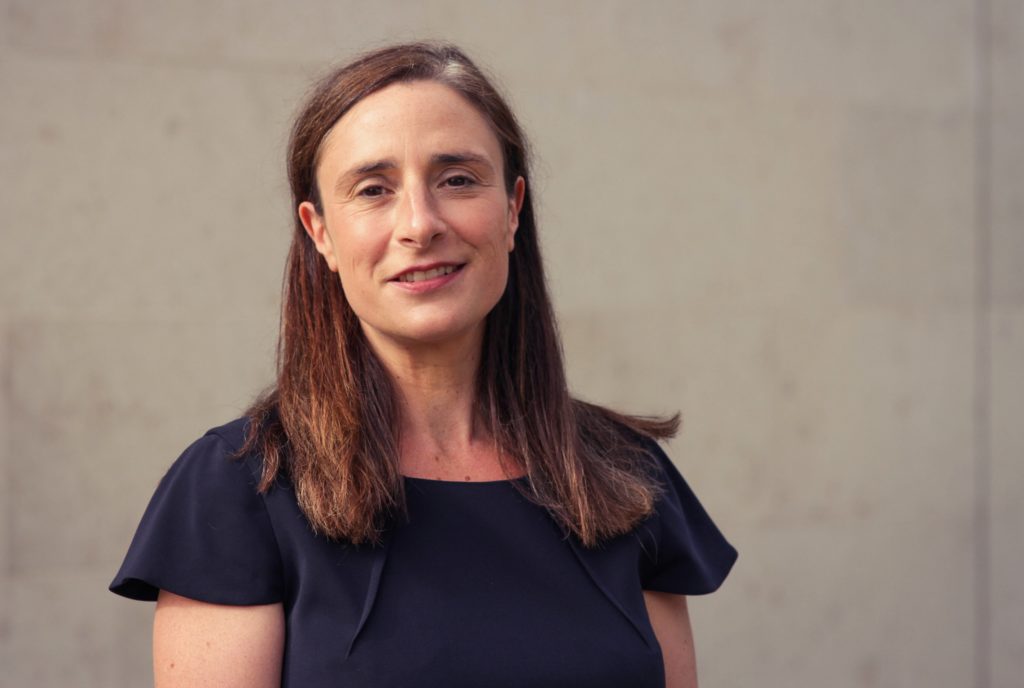HMRC data: stealth tax raid doubles the number of people paying highest rate of tax. We share expert tips on how to save tax
- This tax year there will be 4.2 million more people paying income tax than in 2020/21 (35.9 million)
- Additional rate taxpayers doubled during that time (up 99.2% to 862,000), and higher rate taxpayers were up 40.7% to 5.6 million
- 80.4% pay basic rate tax, 15.6% pay higher rate tax and 2.4% pay additional rate tax
Source: HMRC / GOV.UK (www.gov.uk)
Sarah Coles, head of personal finance, Hargreaves Lansdown says the stealth tax rate has dragged more than four million people into paying income tax, and has dramatically inflated the numbers paying higher and additional rate tax.
“Back in the 1990s, fewer than 5% of people paid higher rate tax, whereas now it’s more than 15%,” says Coles.
Inflation is deciding who pays tax and how much
Coles describes the tax raid as a “blunt tool” that is being driven by “unpredictable inflation to do the work of deciding who pays tax and how much – rather than making a specific decision about what is fair and what makes sense.”
Coels says it means there are now people who never thought they’d face this kind of tax being landed with huge tax bills are now facing it at one of the most expensive times to live in the UK.
Things are only going to get worse
It’s the last thing people need at a time of runaway inflation, and things are only going to get worse, according to Coles.
Coels explains that this is the case because we are still only very near the start of the income tax threshold freeze – which kicked in from April 2022 and is set to last until 2028.
“It means things are set to get even worse over the next few years. We’re going to see a steady stream of taxpayers crossing thresholds and paying eye-watering levels of tax,” she says.

Happy to pay our fair share but not over the odds
Coles says for the most part, most people in the UK are happy to pay their fair share of tax, but what they cannot afford is to to pay “over-the-odds”, which is why she suggests it is worth considering some simple steps to protect your income from tax.
5 ways to save tax
- “ISAs protect your savings and investments from tax. If you’re saving to buy a first property, have at least a year until you plan to buy, and are aged 18-39, you should also consider a Lifetime ISA because in addition to tax-free growth, you get a 25% bonus on contributions.
- Contributions to pensions attract tax relief at your highest marginal rate, and the first 25% taken from the pension is usually tax-free. There’s tax relief on pensions even for non-taxpayers – on the first £3,600 a year.
- In some cases, the government will let you give up a portion of your salary and spend it on certain things free of tax (and in some cases national insurance). This includes pensions, bike-to-work and technology schemes.
- You can take advantage of the spouse exemption which means assets that produce an income can be passed between spouses without triggering a tax bill. They can therefore be shared between a couple so that both take advantage of their allowances. The balance can be held by the spouse paying the lower rate of tax, to reduce the tax payable.
- If you qualify for the marriage allowance, make sure you claim it. If you’re married or living in a civil partnership, one of you doesn’t earn enough to pay tax and the other is a basic rate taxpayer, you can claim the allowance. The lower earner applies to transfer a tenth of their personal allowance to the higher earner, so they pay tax on less of their income.”
Source: Hargreaves Lansdown
Self-employed: costs you can claim as allowable expenses
These include along with a couple of examples of each:
- office costs, stationery or phone bills
- travel costs, fuel, parking, train or bus fares
- clothing expenses, uniforms
- staff costs, salaries or subcontractor costs
- things you buy to sell on, stock or raw materials
- financial costs, insurance or bank charges
- costs of your business premises, heating, lighting, business rates
- advertising or marketing, website costs
- training courses refresher courses
You cannot claim expenses if you use your £1,000 tax-free ‘trading allowance’.
Contact the Self Assessment helpline if you’re not sure whether a business cost is an allowable expense.
How to contact HMRC this summer even though the self-assessment helpline is closed
Source: Gov.uk


